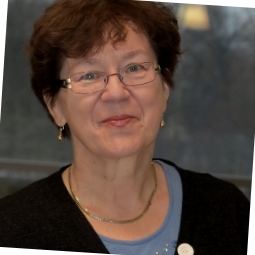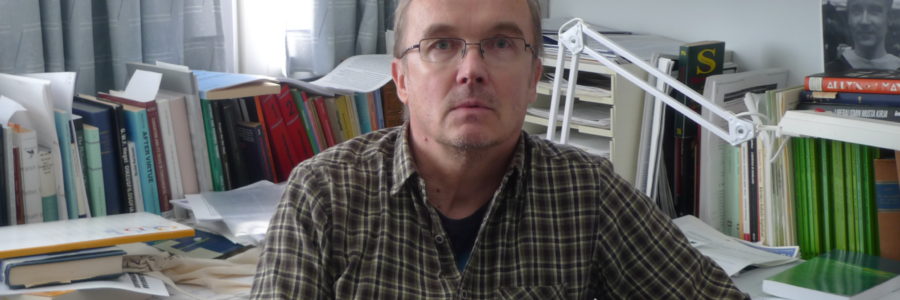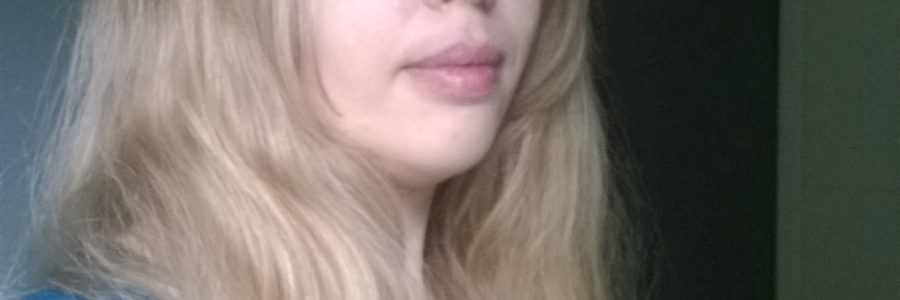Kone Foundation awarded funding for two 3-year long ReThink members’ projects in their 2021 call. Read more: https://koneensaatio.fi/en/
Jonas Ahlskog & Natan Elgabsi: “Doing Justice to to Experience: Relations to the Difficult Past in History and Memory” (237 600 e)
What role should witness accounts and collective memory have in professional historical research? The main objective of the present research project is to solve this question. For this task, the project will offer two connected innovations in historical theory. These innovations are: (i) a theoretical account that shows how, and to what extent, the experiential dimension that witness accounts offer can be incorporated in historical modes of understanding the past, and (ii) a new understanding of the authority of historical research that gives legitimacy to the historian’s role as a memory critic. The project offers, on the one hand, a deeper understanding of the proper ways in which testimony and memory have a valid role to play in historical research, and, on the other hand, theoretical tools for defending the authority of historical research in relation to collective memory and witness accounts. Contrary to contemporary work in the field, the project argues that it is only by attending to conceptual distinctions between history and memory that one can correctly appreciate the proper role of memory and testimony in historical research. The innovations of the project are achieved by (i) re-engaging classical work on the methodological distinctiveness of historical understanding and (ii) by utilizing insights about testimonial knowledge from contemporary philosophy. The main hypothesis of the project is that these two factors has been overlooked in hitherto historical theory about the role of testimony in historical research. Thus, the project will address this lack by showing the ways in which a proper understanding of testimonial knowledge and the methods of history advances our understanding of how the experiential dimension of witness accounts can be incorporated in historical modes of understanding the past. The project has far-reaching effects and impact for questions about the public relevance and authority of historical research.
Ilkka Lähteenmäki: “Making Sense on History Across Media” (123 000 e)
[Abstract in Finnish] Tutkimus kartoittaa populaarihistorian ominaisuuksia. Erityistä huomiota kiinnitetään kasvavaan haasteeseen, jonka ei-kirjallinen esittäminen muodostaa historiankirjoitukselle. Vaikka historiantutkimus suuntautuukin paljolti tekstin tuottamiseen, ”historia” ei rajoitu akateemiseen tutkimukseen. Akateemiset historioitsijat ovatkin kokeneet ei-kirjallisen historian tuottamisen vaikeaksi. Akatemian ulkopuolella historiaa (laajasti ymmärrettynä) esiintyy kuitenkin jatkuvasti populaarimediassa ja asiantuntija organisaatioiden projekteissa: elokuvissa, televisiosarjoissa, peleissä, näyttelyissä (niin virtuaalisissa kuin fyysisissäkin) yms. Tutkimus keskittyykin populaariin historiakulttuuriin tunnistaakseen eri mediamuotojen heikkoudet ja vahvuudet suhteessa historian esittämisen tiedollisiin vaatimuksiin. Keskeinen kysymys tutkimuksessa onkin: ”Voidaanko historiantutkimuksen piirissä esittää historiaa ei-kirjallisessa muodossa, ja jos voidaan niin miten tämä tulisi tehdä?” Tutkimuksessa analysoidaan jo olemassa olevia ei-kirjallisia historiaesityksiä, joiden tavoitteet vaihtelevat tiedollisista ja kasvatuksellista aina viihteeseen ja kokemuksellisuuteen. Rippumatta esitysten tavoitteista (tai faktuaalisuudesta) kaikilla näillä on oma vaikutuksensa siihen, miten muodostamme käsityksemme menneisyydestä. Aineistoa analysoidaan historianfilosofian, historiakulttuurin, historiateorian ja mediatutkimuksen tarjoamien viitekehysten läpi. Tämän analyysin pohjalta rakennetaan populaarin historiakulttuurin typografia ja esitetään laajempi historianfilosofinen teoriaviitekehys, joka huomioi medioiden vahvuudet, heikkoudet ja mahdollisuudet historian esittämiselle tulevaisuudessa. Tutkimus tuottaa uutta teoriaa tukemaan niin tulevaa akateemista historiantutkimusta kuin asiantuntijaorganisaatioita, jotka ovat jo käytännön työssään kohdanneet digitaalisuuden mukanaan tuoman historian esittämisen murroksen.




